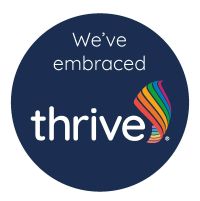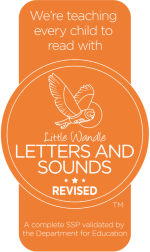Religious Education Subject Leader

Mrs Moss

Mrs Moss
R.E. at St. Aidan's
Throughout St. Aidan’s, R.E. contributes to the spiritual, moral, social and cultural development of the children. These aspects of development can be found in many of the school curriculum areas, and are implicit in the ethos of the school.
• Spiritual development we will nurture and enrich the spiritual development of all members of the school family & encourages pupils’ discovery of God the Creator & wonder of the world.
• Moral development based on the teachings of Jesus offer pupils a secure foundation stone.
• Social development enriches pupils’ understanding of what it means to live in a Christian community where to love one another, respect and responsibility is put into practice.
• Cultural development provides opportunities to develop an understanding of Christianity worldwide & the impact on millions of people.
Implementation
Aims of R.E. at St. Aidan's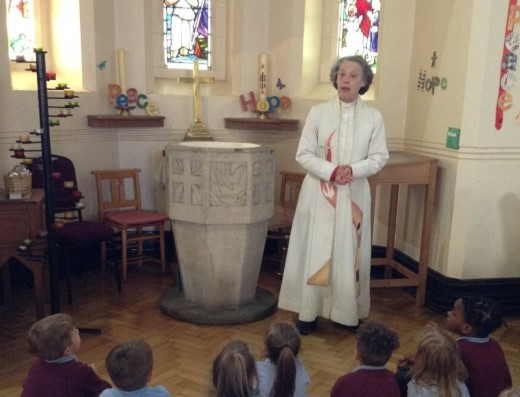
The aims of Religious Education in Church Schools are:
- To enable pupils to know about and understand Christianity as a living faith that influences the lives of people worldwide and as the religion that has most shaped British culture and heritage.
- To enable pupils to know and understand about other major world religions and world views, their impact on society, culture and the wider world, enabling pupils to express ideas and insights.
- To contribute to the development of pupils’ own spiritual/philosophical convictions, exploring and enriching their own beliefs and values.
Appropriate to age at the end of their education in Church schools, the expectation is that all pupils are religiously literate and, as a minimum, pupils are able to:
- Give a theologically informed and thoughtful account of Christianity as a living and diverse faith.
- Show an informed and respectful attitude to religions and world views in their search for God and meaning.
- Engage in meaningful and informed dialogue with those of other faiths and none.
- Reflect critically and responsibly on their own spiritual, philosophical and ethical convictions.
Right to Withdraw
We recognise that parents have the legal right to withdraw their child from part or all of Religious Education under Section 71 of the School Standards and Framework Act 1998. This includes participation in any collective worship that may form part of the RE curriculum.
We strongly encourage parents considering withdrawal to discuss their decision with the Headteacher in the first instance to explore how we can address any concerns.
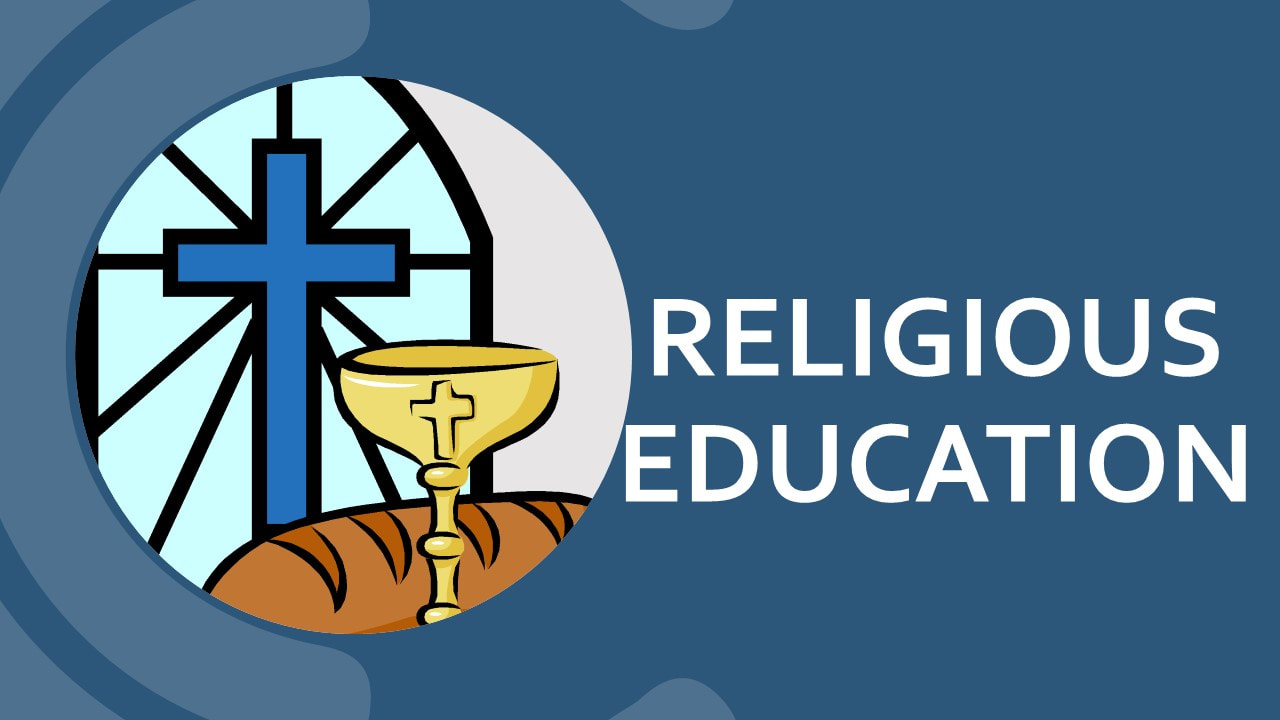

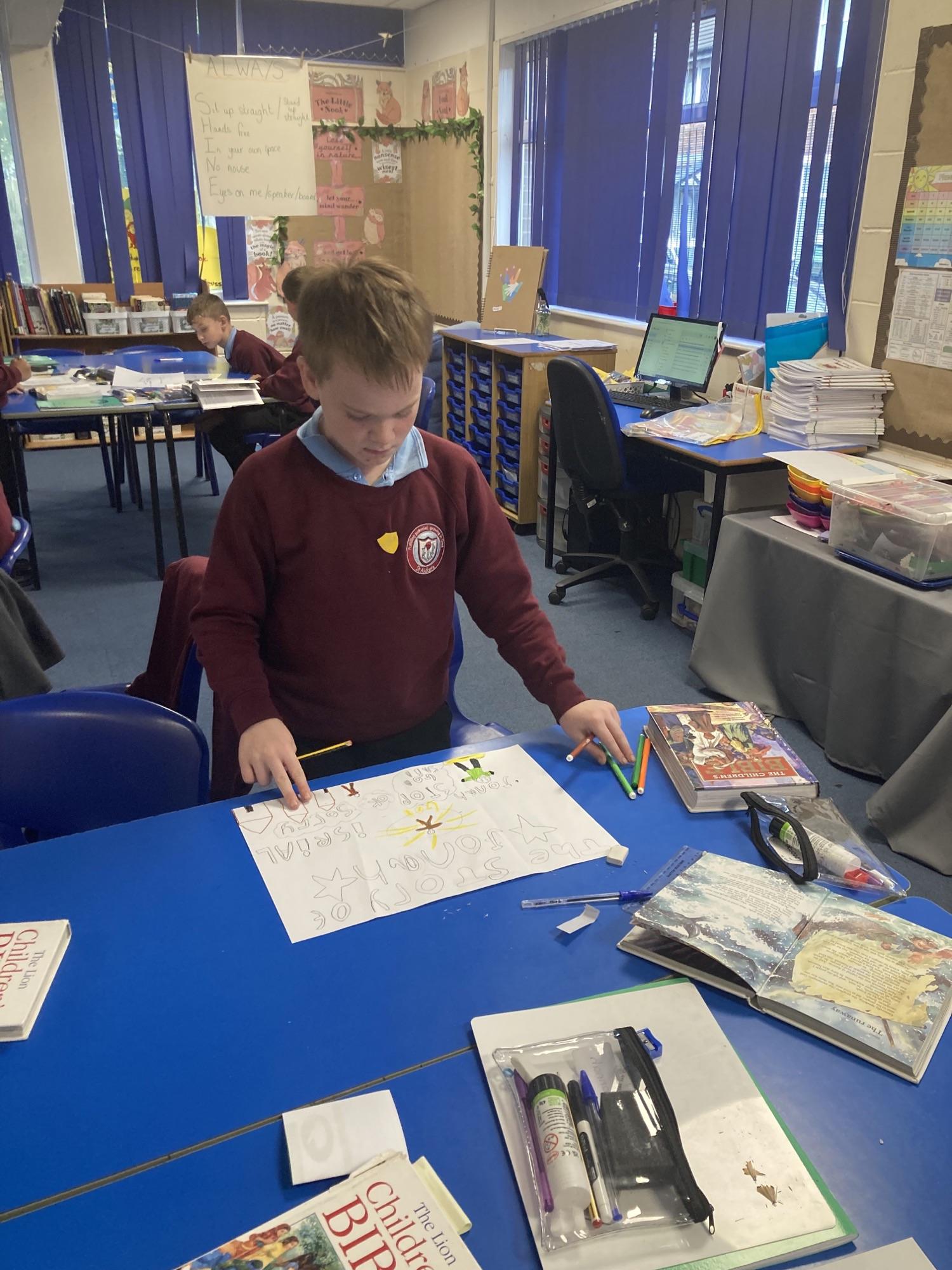






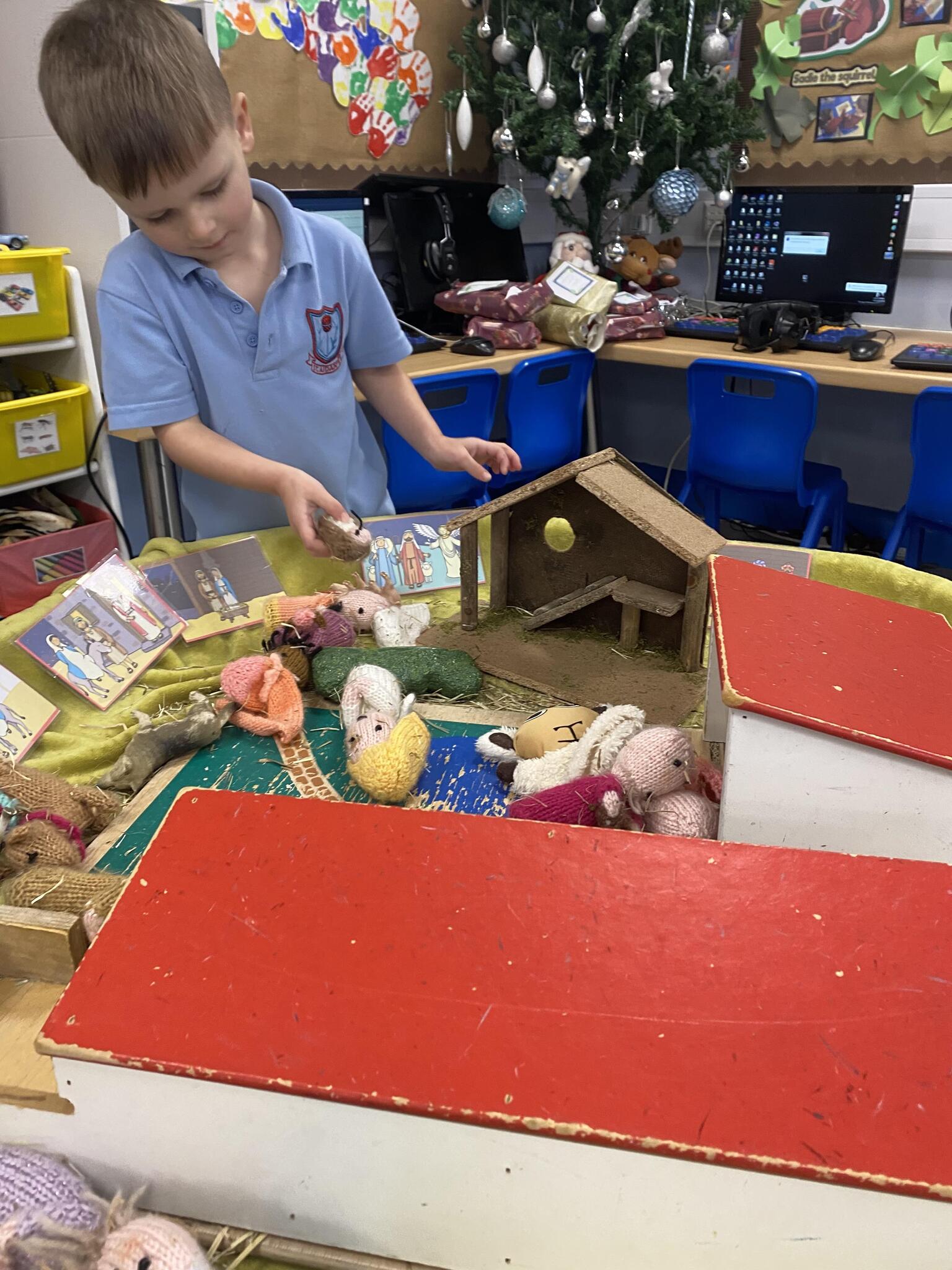
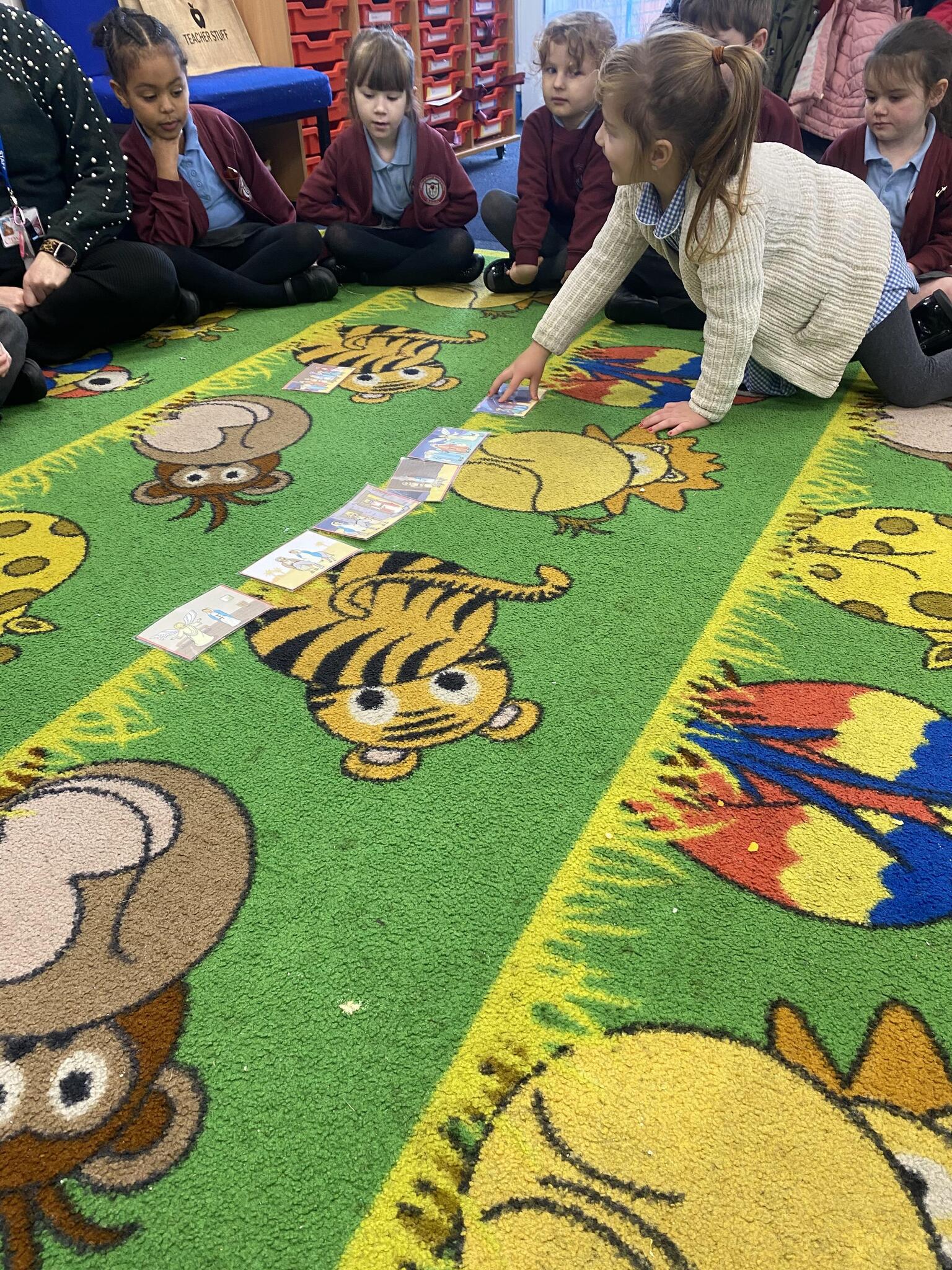
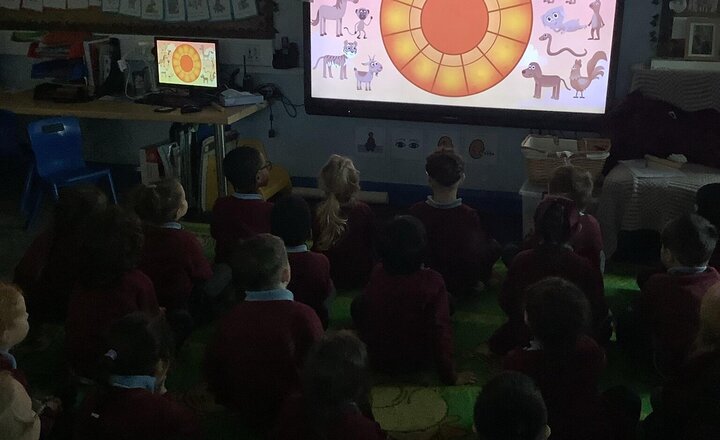
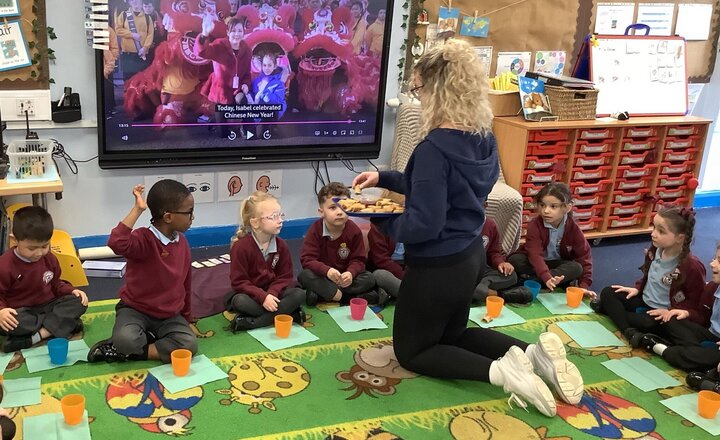

.png)
.png)
.png)
